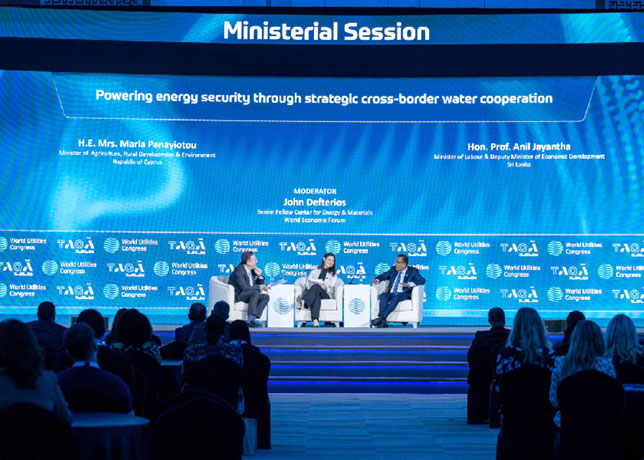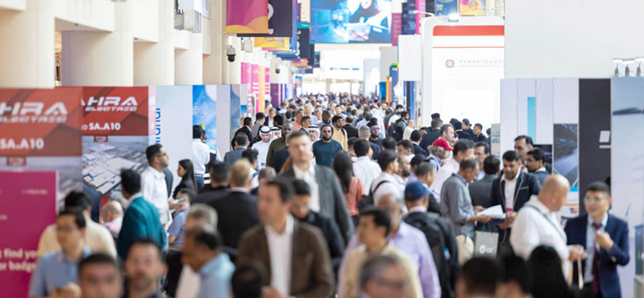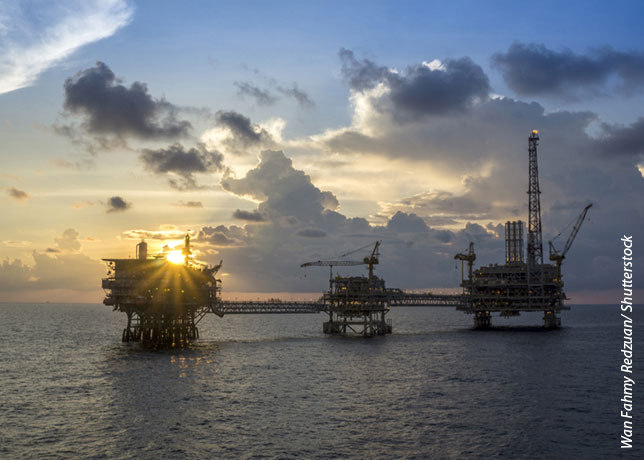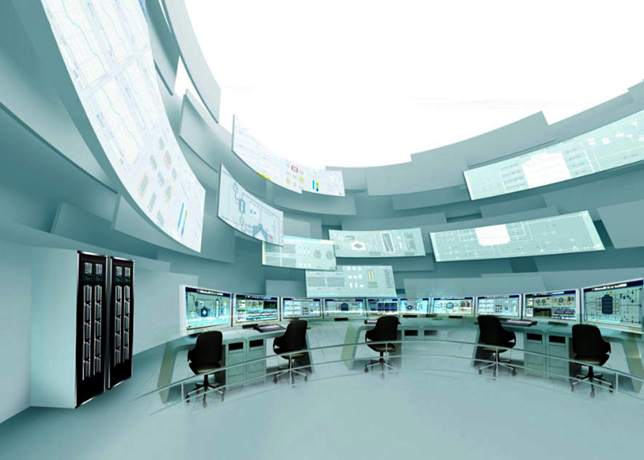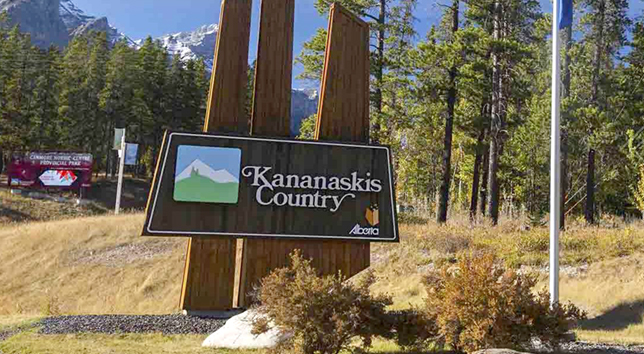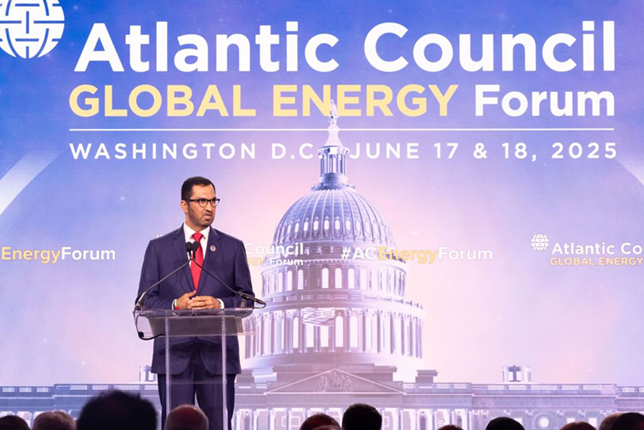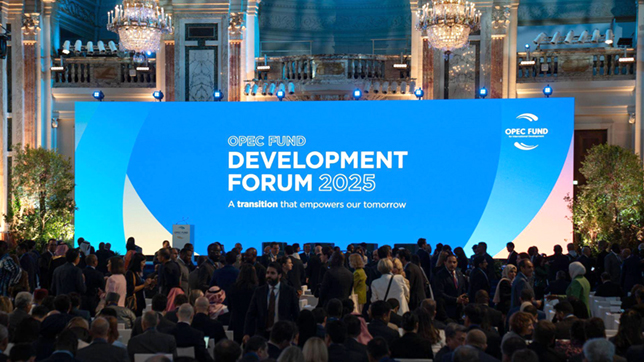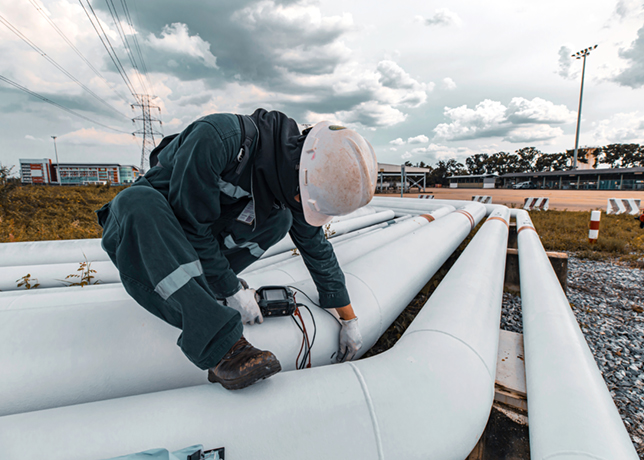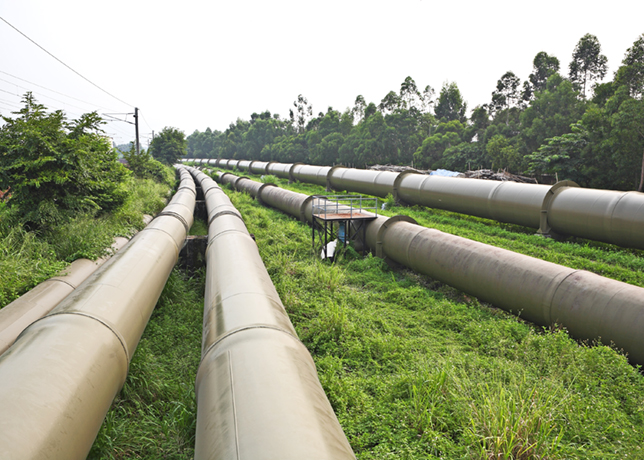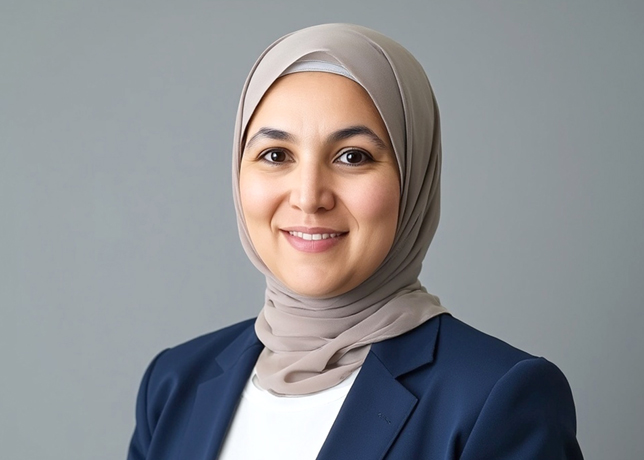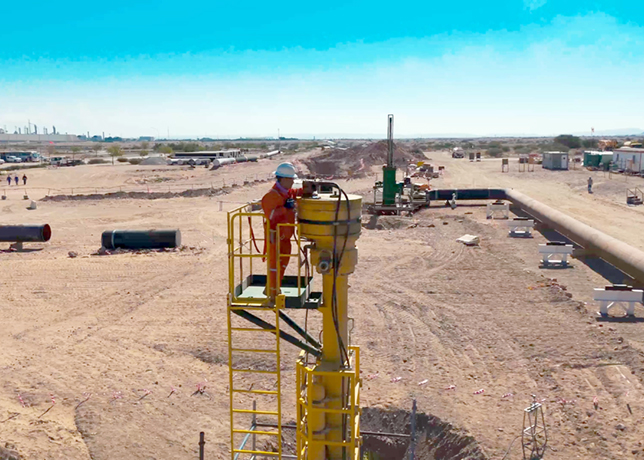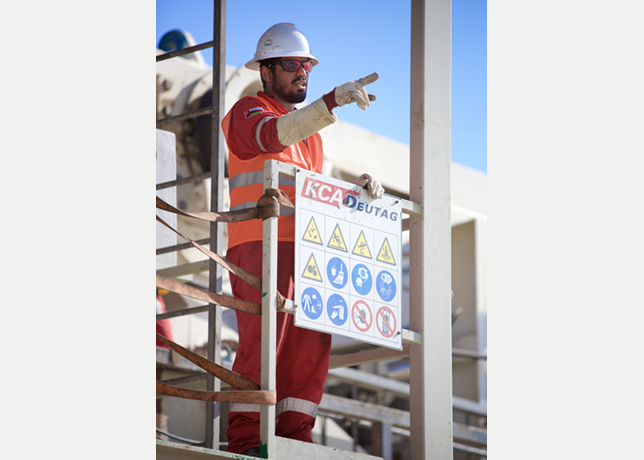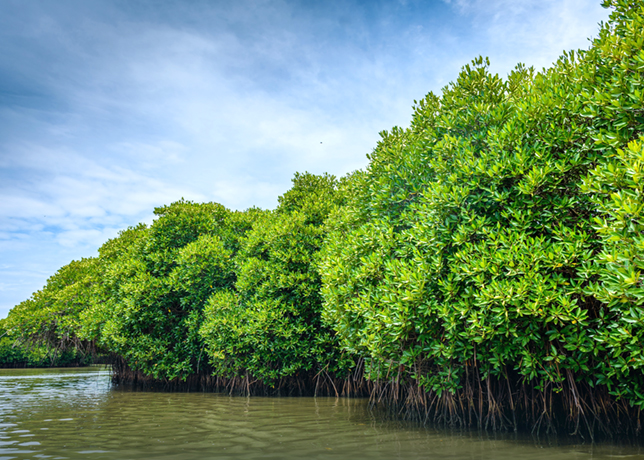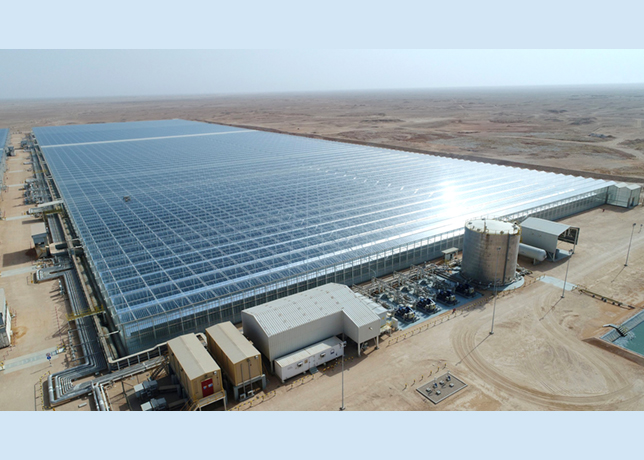

OGN: Your Excellency, Banagas has played a key role in Bahrain’s economy. Could you tell us about the Company’s contribution in this regard?
Since inception Banagas has made a significant contribution to the economy of Bahrain.
For example in 2006 we achieved record sales of $180 million and were able to contribute over $143 million to the National Economy.
OGN: Could you reveal some of the major achievements of Banagas?
There have been many achievements over the years and in particular in 2006. The ones we are most proud of have been the receipt of international, regional and national recognition for our levels of productivity and safety and also for our quality and human resources programmes.
OGN: What new projects are planned by Banagas?
We have jointly, with Bapco, commissioned a pre-feasibility study to establish alternative cost benefit solutions to accommodate all projected future quantities of associated, Arab and Refinery Off Gas.
Depending on the conclusions of this study, Banagas may go ahead with an expansion in the gas plant and the construction of gas compressor stations to process all additional quantities of gas.
OGN: Could you tell us about the policies, strategies and vision behind the Company’s success?
The unique culture of Banagas is represented by the way we manage our operations and in our resource planning. In Banagas, every employee believes in our core values, beliefs and our best practices, which we consider are the main contributors to our success.
In addition, we as management, try to create the appropriate environment for individual initiative, growth and development and work to empower all our employees to be more creative and innovative and to work as one team.
We place great emphasis on promoting the highest standards of performance and we are now, I believe, among the most admired companies in Bahrain.
I can honestly say that Banagas has succeeded in gaining the support of its employees to enhance its corporate culture and to achieve excellent performance levels.
We all work together to achieve our mission and vision by following a strategic plan, which is reviewed on a regular basis to identify the strategies that must be adopted for the future.
OGN: Banagas has won national and international recognition for its various activities. Can you tell us more about of that?
In 2006 Banagas received three international occupational safety awards, while employees have been able to work three million man-hours without any lost-time accidents.
This exceptional achievement is the result of their alertness and compliance with safety regulations. It is also the result of the ongoing and intensive efforts on the part of management to maintain safe working practices throughout the various areas of the Company.
Safety regulations have been designed to protect the employees and facilities against potential hazards, and the employees are instructed in the use of safety equipment through regular training sessions.
We are also very proud of our Quality Management System and our continuing certification to ISO9001:2000. No complaints have been received from our customers and we will continue to identify areas for improvement in all aspects of our operations.
OGN: Could you tell us about the key role played by Bahrain’s leadership in ensuring the success of Banagas?
We very much appreciate and extend our gratitude to Bahrain’s leadership for their continued support to the Company’s activities, expansion plans and strategic decisions taken.
Our achievements would not have been possible without their encouragement. The formation of the National Oil and Gas Authority (NOGA) on September 2005 headed by Dr Abdul-Hussain bin Ali Mirza, the Minister of Oil and Gas Affairs was also an important step in the ongoing development of the oil and gas industry.
This initiative was supported by His Majesty the King and the Prime Minister through the issuing of a Royal Decree to establish NOGA with the objective of overseeing policies and supervising the oil and gas companies.
NOGA has succeeded in its critical role to provide more freedom, flexibility and independence to the management of the oil and gas sector in Bahrain.
OGN: Banagas places great importance on the protection of the environment? Could you tell us more?
Banagas has always complied with the environmental regulations and standards applied in the Kingdom.
The Company is committed to protection of the environment and works closely with the General Directorate of Environment and Wildlife Protection.
In 2006 Banagas management held a series of meetings with Vice President and Director General of Environment and Wildlife Affairs, Dr Ismail Al-Madani, to discuss environmental issues related to Banagas.
OGN: Could you discuss the Quality Management System adopted by the Company?
Assessors from the British Standards Institute carried out two successful continuing assessments during 2006, confirming the continuation of the Company’s Quality Management System certification to ISO9001:2000.
Our internal audit process continues to focus on strategic areas and to measure performance in order to ensure consistently high standards.
OGN: Human resources play a big part in any Company. Could you tell us about Banagas’ human resources policy?
Last year 18,867 hours were spent on different training and development programmes. The employee performance management system has also been improved with core competencies set at all levels.
The success of this is reflected in higher employee productivity in terms of number of hours worked during the year through a reduction in sick leave and absenteeism.
OGN: Could you tell us about the Bahrainisation process adopted by the Company?
The focus on the training and development of Bahraini employees have always been of paramount importance to Banagas.
We have a clear succession plan for middle and senior management focused on giving talented Bahrainis every opportunity for promotion. We are proud to report that we have achieved 93 per cent Bahrainisation.
OGN: What health and safety measures are adopted by Banagas?
The Company has adopted a new safety, health and environment Management System (SHE) initiative to strengthen the Company’s position in terms of proving a healthier and even safer workplace for its employees and contractors.
A SHE Committee has been set up and championed by the Deputy General Manager Production to review Company procedures in order to identify any gaps between our current practices and the ISO14001 and OHSAS18001 standards and to ensure compliance.
An international consultant has completed the initial stage by conducting the gap analysis. The gap analysis report has been submitted to management for implementation.
OGN: Could you give your opinion on the gas industry and its future?
Worldwide consumption of natural gas will almost double by 2030 to 4,900 bcm. Gas demand is projected to grow most rapidly in China, India, Africa and Latin America.
This indicates that the future will be mainly for natural gas. In the GCC region, huge sums of capital investment has been allocated for construction and development in the gas industry mainly in Saudi Arabia, Qatar, Abu Dhabi and Oman.
OGN: Could you tell us how Banagas adopts to the changing world gas scenario?
Banagas LPG production is very small in comparison with other companies in the GCC region and we have very little influence on international prices.
LPG gas prices fluctuate just like any other commodity through the supply and demand mechanism, and as in the case of natural gas, the price depends on long-term contracts between producers and consumers.










